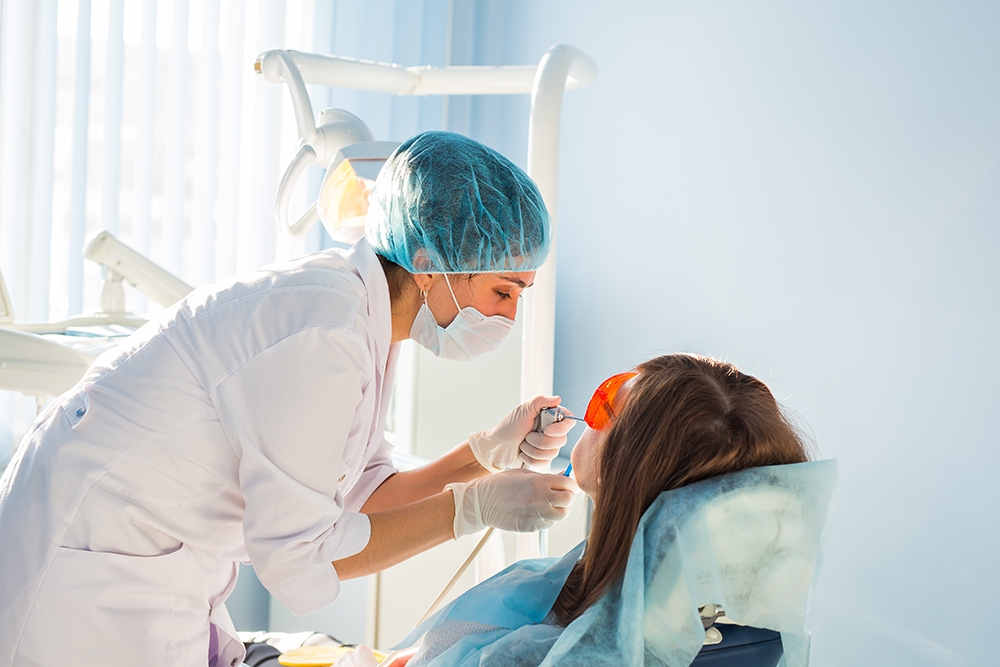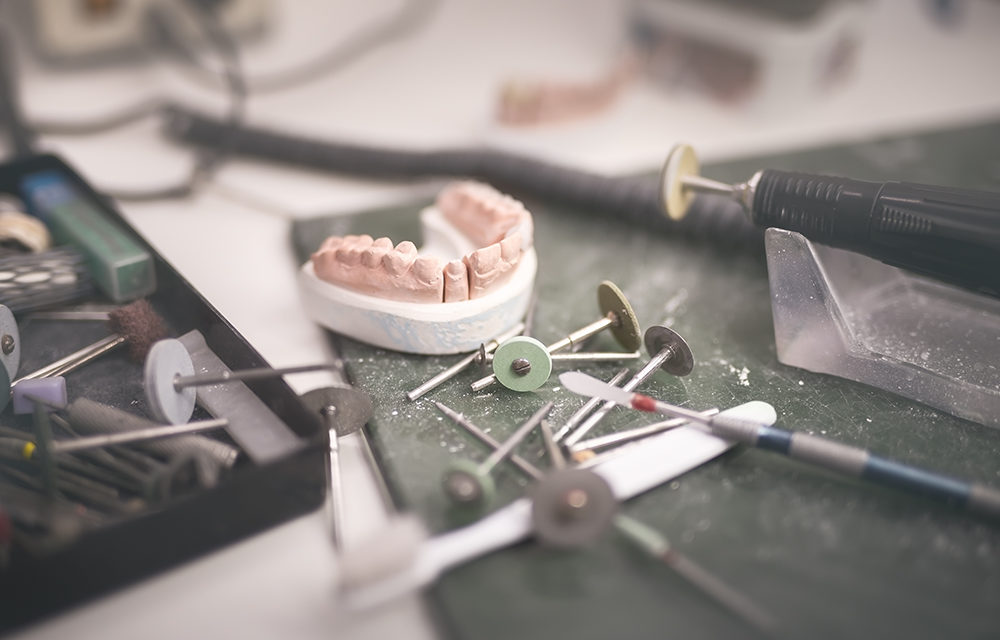Whether it be a severe toothache or excessive gum bleeding, a dental emergency can cause extreme distress and panic. A dental emergency is a situation wherein the patient feels utter discomfort caused by oral health issues and/or accidents. Tooth decay is one of the leading causes of toothache and should be treated as an emergency if the pain is unbearable. Broken or chipped teeth that’s caused by accidents can also be classified as a dental emergency.
If you’re experiencing serious pain and you’re unsure about what to do, don’t worry. Here is a guide on how to respond best to a dental emergency in case you find yourself in this situation. In case of your next emergency get in touch with your closest dentist in Joondalup for assistance.
Start with regular visits to the dental clinic
Planning for a dental emergency begins by implementing preventive measures. This means visiting your dentist regularly to address any oral health problems that may contribute to a dental emergency. Ideally, you’ll want to schedule a visit to the dentist at least twice a year. Locate a dental clinic near you that can perform emergency dentistry services and learn about them as much as you can. Keep in mind that not all dental clinics respond to emergency situations so make sure that the clinic you’re working with offers these types of services.
Make sure that the dentist you’re working with has an extensive knowledge of your dental history to better prevent any oral issues. As they always say, prevention is better than cure so start by visiting your dentist on a regular basis.

Learn how to treat dental emergencies temporarily
We highly recommend visiting a dentist as soon as possible during a dental emergency. But if there are no available clinics to attend to your situation immediately, it’s important to know how to treat such situations temporarily. Here are some solutions for some of the most common dental emergencies.
- Treating dislodged or knocked out teeth
If a tooth has been dislodged, reposition the teeth using your fingers while applying slight pressure while waiting for an emergency appointment. If a tooth gets knocked out, pick the tooth up carefully by the crown and rinse it in a saltwater solution. Attempt to reposition the tooth in the socket and apply gently finger pressure while holding it firmly in place. If the tooth can’t be repositioned, aim to keep it moist as much as possible by wrapping it in a cloth soaked in milk to preserve the root surface cells.
- Treating chipped or fractured teeth
Having chipped or fractured teeth can lead to severe swelling depending on the trauma done to the teeth. Rinse your mouth with a warm saltwater solution and apply a cold compress to reduce swelling. Once you’ve made an emergency appointment, the dentist will smooth out rough edged and minor fractures before recommending a restorative treatment to repair the fractured teeth.
- Treating damaged mouth tissue
Depending on the severity, wounds and cuts inside the mouth can cause extreme discomfort. For the meantime, rinse your mouth with a saltwater solution to kill bacteria and prevent further inflammation. Avoid eating solid foods that have sharp edges like chips that could exacerbate the wound. Spicy foods should also be avoided as this can result in a painful sting to the mouth. Take over-the-counter pain medicine to reduce swelling until an emergency appointment has been scheduled.
Investing in a dental emergency kit
An emergency dental kit is a wise investment to help prepare yourself against any dental emergency. The kit should include:
- Toothache drops
- Sterile cotton balls
- Gauze
- Clove oil
- Surgical gloves
- Pain relief medication
Toothache drops are a quick and easy solution to provide temporary relief against light to moderate toothaches. Just soak a sterile cotton ball and place it on top of the aching tooth to reduce the pain. Gauze are used to minimise bleeding on damaged gum tissue. You want to use a gauze that’s made of a non-woven material so it won’t adhere to the wound. Clove oil works as a substitute for toothache drops which also provides relief from toothaches.
When using a dental emergency kit, it’s best to use surgical gloves to prevent any dirt and bacteria from entering your mouth and causing infection. Lastly, a pain relief medication such as acetaminophen will help manage the pain while waiting for an emergency appointment. These items will cover most of your needs during a dental emergency so make sure to have these in your dental emergency kit.
Dental emergency services
Dental emergencies require immediate attention and you want experienced dentists to handle the situation. If you’re experiencing a dental emergency, schedule an appointment to immediately to keep the situation under control. These tips will help you prepare for a dental emergency so you can protect your oral health against further damage.

